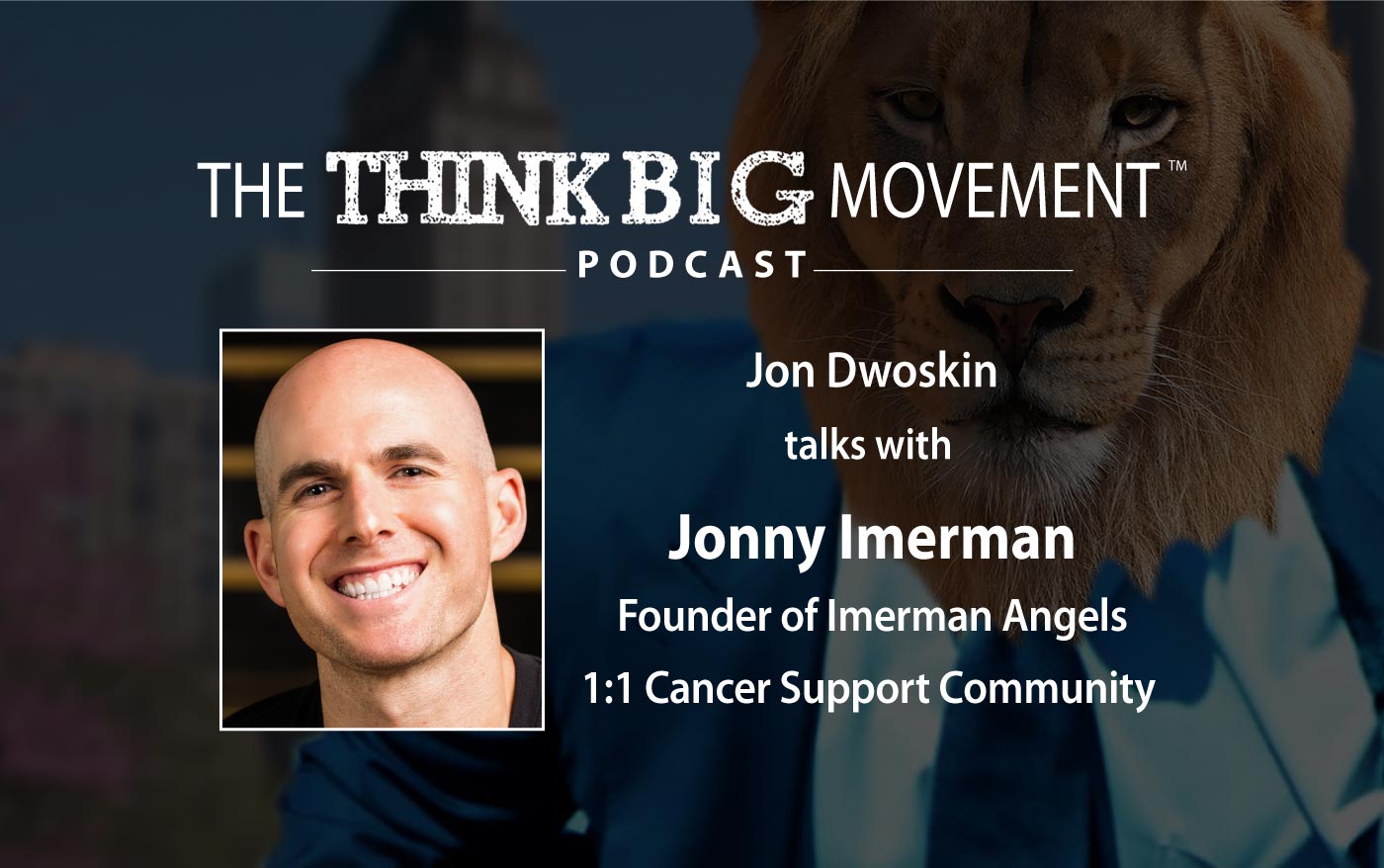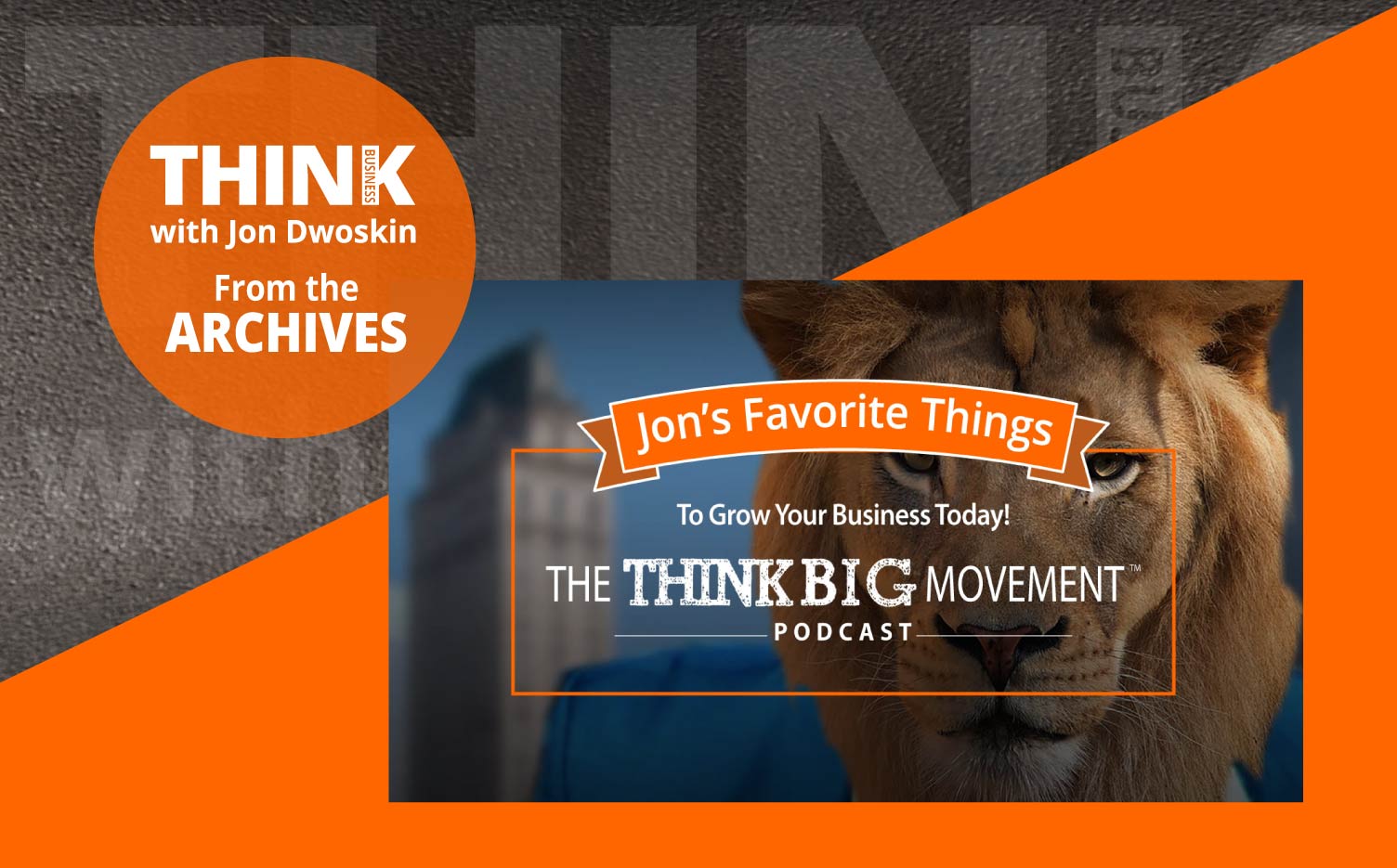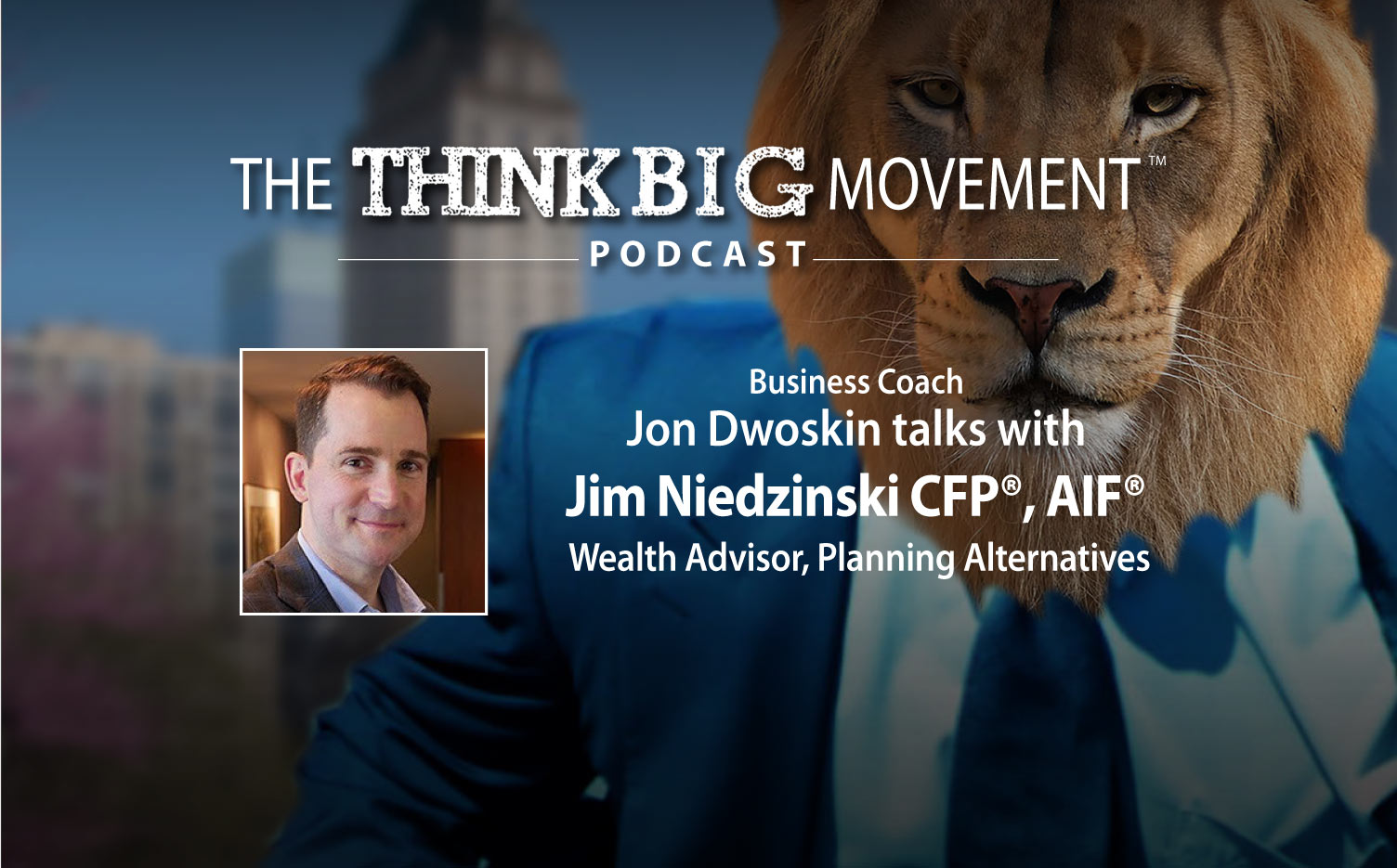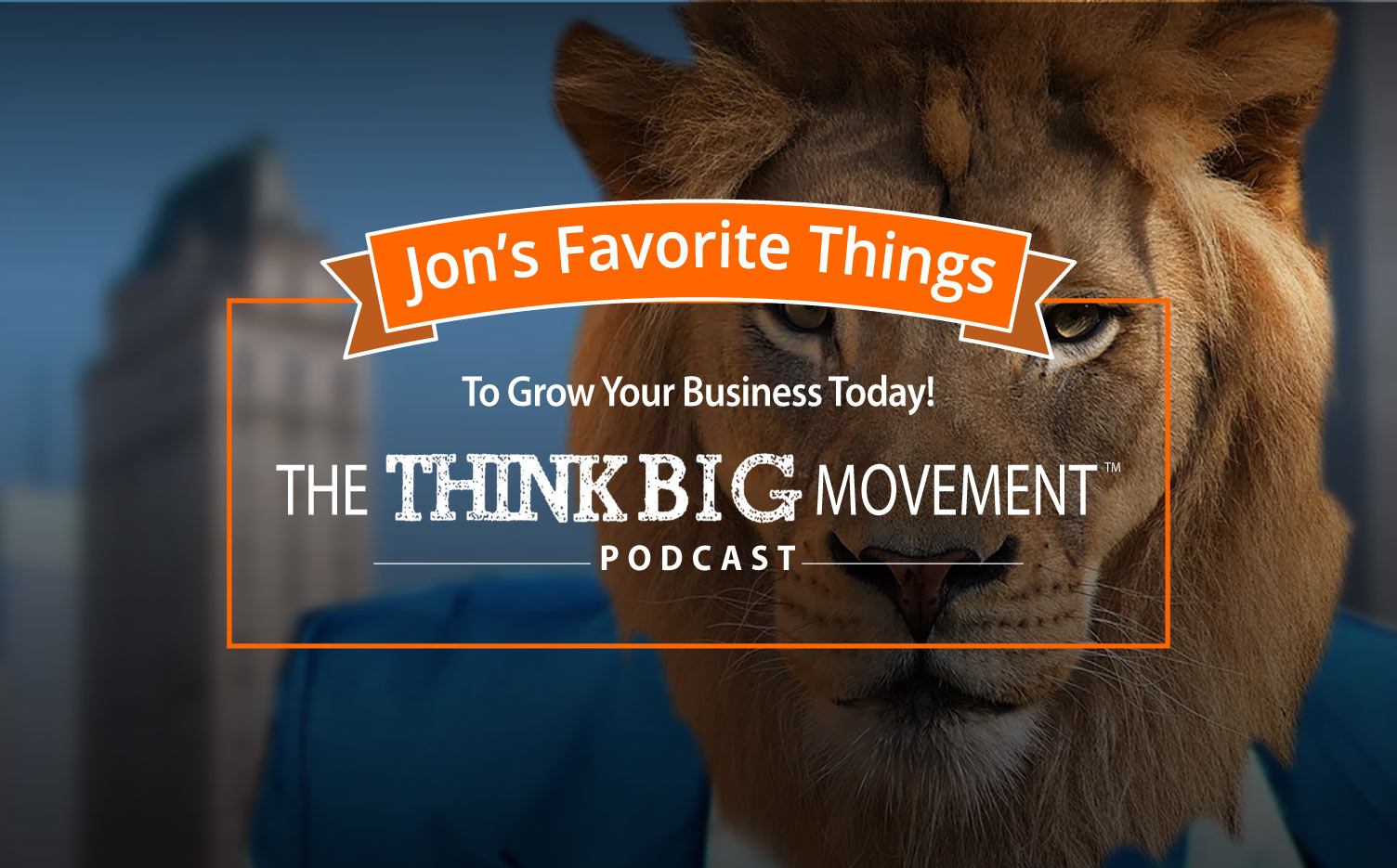
Jonny Imerman is a young adult cancer survivor who strives to make sure no one fights cancer without the support of someone who has already triumphed over the disease. After being diagnosed with testicular cancer at the age of 26, Jonny decided to found Imerman Angels, a non-profit organization, which carefully matches a person touched by cancer (a cancer fighter or survivor) with someone who has fought and survived the same type of cancer (a Mentor Angel).
Imerman Angels now has more than 8,000 Mentor Angels in its network with over 34,000 fighters, survivors and caregivers matched to date. Jonny has been featured by dozens of news organizations including The Wall Street Journal, Harpo Radio’s “Oprah and Friends” with Dr. Oz, CNN, TEDx, The Huffington Post, Men’s Health, National Public Radio (NPR), Sirius XM Satellite Radio’s “Doctor Radio” -- Channel 81, NBC5 Chicago, CBS2 Chicago, ABC7 Chicago, ESPN Radio Chicago, Chicago Tribune, Chicago Sun--Times, Crain’s Chicago Business, Detroit Free Press, LIVESTRONG Quarterly, CancerToday, CURE Magazine, and Clinical Journal of Oncology Nursing. Jonny received a 2015 Michigan Avenue Magazine ‘Chicago’s Leading Men’ Award; 2015 ‘The 100’ Award from Mass General Cancer Center; 2012 CNN Hero Award; 2012 Salute of Gratitude from The City Council of Chicago; 2012 Lincoln Park Young Professionals ‘Chicago Best of The Best’ Award; 2012 Susan G. Komen ‘Pink Tie Guy’ Award; 2011 Twilight Foundation Detroit’s Civic Leadership Award; 2011 Chicago Social Magazine’s ‘Who is Chicago’ Award; 2010 Jefferson Award for Public Service; 2010 University of Michigan Humanitarian Service Award; 2009 Ulman Cancer Fund For Young Adults ‘Hope Award’; and 2007 Daily Candy ‘Sweetest Thing’ Award. Jonny has been invited to speak at cancer centers such as MD Anderson, Memorial Sloan-- Kettering, Mayo Clinic, Dana--Farber, City of Hope, Northwestern, Rush, and Children’s Hospital Los Angeles; and companies such as Google, LinkedIn “Speaker Series”, Salesforce/Dreamforce, Walgreens, UBS, Discover, Hyatt, Steelcase, Peapod, kCura, 1871, TechWeek, and Free The Children’s “We Day” (18,000 youth). Jonny grew up in Bloomfield Hills, MI and currently resides in Chicago.
For more information visit imermanangels.org
*E – explicit language may be used in this podcast.
Read the transcript
Jon Dwoskin: Hey everybody, I’m Jon Dwoskin, an executive adviser and business coach. I work with successful business people who are stuck and want to take their company to the next level. Today though, get ready to grow your business big. Very big. In just a few seconds you’ll meet a dynamic business owner, executive or sales person willing to share the best practices that fuel their growth and success. Each interview is no more than 15-ish minutes long, so you can quickly learn effective tools to put into your business today. Please listen with new ears and let’s get to learning, let’s get to growing, and let’s get to thinking big.
Hey, everybody, welcome back and thanks for listening to the Think Big Movement Podcast. Our guest today is somebody who is not only a close friend, but has been a huge mentor to me in my life. He is Jonny Imerman, the founder of Imerman Angels. It is a one-on-one cancer support community. I met Jonny when I was 30 years old. He was good friends with my sister-in-law, and after being diagnosed with testicular cancer myself, she reached out to Jonny who had also been a cancer survivor two times over, and one of those times it was testicular cancer. And this was before Imerman Angels even existed. He mentored me to tell me kind of what to expect and he became a very close friend and I’m forever grateful and appreciative. He then went on to start Imerman Angels, which is an international charity, a cancer support community. And I’m gonna let him tell you a little bit about it, but it’s absolutely incredible what they do, and it’s a charity that’s near and dear to my heart. And Jonny is a true angel, which you will see in this interview.
Jonny, how you doing buddy?
Jonny Imerman: JD and Jessica, thanks so much for having me. I’m flattered. I appreciate the warm intro. You’re very generous. I’m just a regular guy but you know guys like yourself and myself, you know, people who have gone through something with cancer, this is what we’re trying to do. We want to change the way people fight cancer, and the tools that they have along the fight. So what we did was created Imerman Angels to help people who are newly diagnosed with any form of cancer. It’s new and it’s scary and you don’t know where to turn or what to even ask, or how to speak this whole new language. We partner you with someone who’s actually been through it. Somebody your age, your gender, who already beat the same cancer you have, and so been there, done that, beat it. I’m gonna help you as your volunteer. So we have 8,000-ish volunteers across the world to do this. Largest group we know out there for mentoring but wonderful guys like JD that make this thing happen. It takes all the survivors who care, to give back, to make this idea work.
Jon Dwoskin: So Jonny, talk a little bit more about just the seed that was planted that, you know you started this charity from scratch, and now it is 8,000-ish plus people strong on an international basis. And you started it in Detroit, you moved to Chicago, it began to just explode, and I mean talk about that because it took a lot of thoughts and a lot of hard work. So why take the idea and turn it into an international charity?
Jonny Imerman: Well, thank you for the question. I do want to make sure that I mention to you that Jon Dwoskin has helped this cause in so many ways. For five years maybe-ish you ran our entire Michigan volunteer group. You put so much energy into making sure this cause is giving back and helping other people. It just shows your heart, brother, and how much you care about what we all do, who are touched by cancer, to help the next person out. You know, doing something positive with this whole heart experience. Love and appreciate you, man, for all you do. And the reason why, to your question, we do this is, I think, one word: It’s gratitude. You know that we’re all grateful that we’re alive, that we get to be, some of us get to be fathers, like yourself. Some of us get to be spouses. You get to live, hopefully, a long life for all of us, but when you go through something like cancer, young and early, I think it teaches you a lot about life. You know, if you’re grateful and you realize, “Hey, the world’s bigger than just me,” You gotta do something with a social, positive impact on other people.
I think that’s how most cancer survivors are, and that’s how a lot of cancer survivors feel after cancer. Like, “I want something purposeful, something positive, something I can do to give back that’s bigger than me.” And I think that’s the driver. I think that’s why the idea works. It’s all about the team or the epitome of a team. No one person makes this idea work. It’s a team of thousands and thousands from 60 countries across the world. That’s why this idea works.
Jon Dwoskin: You know, Jonny, talk a little bit about your story, because your story was a tough one, and you persevered through it, and you came out healthy, and turned that into Imerman Angels. And so, share with everybody your backstory so they can connect and understand the root of you and the foundation of Imerman Angels.
Jonny Imerman: Well thanks for the question. You know, I’m as open as they come. As you know, JD, I was 26 and diagnosed with testicular cancer. I went to the gym every day, felt totally healthy and fine. The last thing in the world I was thinking about was cancer and I was actually in Michigan, in Ann Arbor, and all of a sudden had pain in the testicle. Not long after, I’m in a doctor’s office and my cancer was early. It was stage three. I had to do chemo, I had to do surgeries, but for two years of treatment what I really learned is how many people fight cancer alone. You know, when you’re in there for two years and you’re looking around, and you’re like, “Why are all these people alone, and why are they depressed and scared, like where are the people to help these people,” and there’s such a gap.
And that was really a part of it, too, I just felt guilty every time I walked into my room and chemo. I had my mom, my brother, I had friends. I had buddies who were residents at the hospital. I had all this love and energy around me when so many other people had no one, literally, not a single person. And so, we all started realizing we got to do something to motivate these people. We gotta give them energy, people, connections. Who’s the best connection for these people? A survivor who’s been in the same room, walked the same walk, maybe five years ahead and really just cares about that person. And so that’s really, that was the genesis of the idea. How do we give these people any human to talk to, but also someone like them?
Jon Dwoskin: It’s amazing and then you kinda went through another situation.
Jonny Imerman: I did. So I was clean at 27 years old. I kinda glossed over that, sorry, but I was about two years for my whole treatments, but the first year I was 26 for the chemos and all that. I was clean at 27, and then at 28, I had four tumors behind my kidneys that popped up so we had to do an 11 inch vertical incision to cut the tumors out. Fortunately, it was successful, and everything is clear but through both those mini bouts, if you want to call them that, I just, you know, had time to think, and I had time to think about “How can we fix this system?” Where are the cracks in the system, how can we make it better? And I think with all that time to think and look around, that’s how this group of survivors and I, as a team, were like, “Wait, let’s go build something really cool here to motivate those who are in the fight today and are brand new to this big scary thing that’s happening to them.”
Jon Dwoskin: You know, it’s amazing Jonny what you have done and what you continue to do, and I speak for myself and most people who know you, and I’m gonna even speak for people who don’t know you, because when I’m in an environment where there’s a function or something for Imerman Angels that we’re at, you’re like a celebrity and people are coming up to you and because, I would think a lot of people who have cancer and I think I’m one of those people, you kind of have it. You beat it, you move on, and you’re not looking to build a machine to stay in the cancer world. And I think it takes a special soul to do that and you’ve done that. And through that you have been able to help people, and the ripple effect of the people that you help is so much bigger than the 8,000-ish people that are within the system. It’s the tens of thousands, or hundreds of thousands that are affected because of the goodness that you do for one person and how that spreads. So, it’s pretty incredible to watch so thanks for doing that.
Jonny Imerman: Also, thank you for your kind words, but I gotta tell you, JD, as you know too, and you do so much good work helping other people be better at building companies, and think bigger, and how to do what they want to do, but to dream better. In the same way, we’re always trying to get better. You know, we are a team, the epitome of a team. Having so many volunteers and passionate people and grateful people on this team who care, I mean that’s the big word: They care so much. We’re always trying to get better. And we realize we’re helping thousands across the world every year but we want to help millions, and so we do want to think big, we do want to help more. We know the idea works. If you take this one person and hook them up with another person who’s just like them, who beat it, we see the results. They tell you the results.
That’s one of the most beautiful things I think about this idea is because the feedback loop is sometimes, it’s like 20 minutes. You know, after you connect people and they have a conversation, and it’s working and they connect, and it’s inspiring to the person that’s sick with cancer, they oftentimes both tell you how powerful the connection was and how much it helped both of them get motivated, and that is a motivator for our team. But we realize, we do want to think big. We always want to get better, and I hope the day you and I are having this conversation, we’re like, “Wow, we’re helping a million people this year.” That’s really our mission.
Jon Dwoskin: It’s amazing, and you know you talked about the time when you were going through what you were going though. You were forced to take time to think and I think most people don’t take that time or the luxury of taking 10, 20, 30 minutes to think or even to meditate, or to just think about what they want to do or where they want to go, what they’re doing, or even pre-planning their day or tomorrow. So, you know there’s, in a weird way, there’s a gift in taking time to think, and whether you’re in a business or a charity, that’s important to fit into your day. Not when you’re forced to think but carve out time just to think in general.
Jonny Imerman: I think that’s a great point. I love what you’re saying because some of the best ideas, I think, is when you’re forced to take time off and separate yourself from your company or your idea or your organization, and let it organically come to you. That’s when the creative juices really flow.
Jon Dwoskin: Yeah, I kinda force myself to do that, and if I can’t, I meditate. So, I’ve been meditating for 15-20 years and it allows me to just stop, and teach myself actually how to not think, so then I can also then take time to think. But I wanted to chat with you quickly about running a charity and growing a business. You know sometimes those are conflicting thoughts and feelings, you know you have this charitable company and this charitable heart, but yet still it’s a business that you want to grow. How do you kinda morph the two and keep the soul of the charity but grow it as a business?
Jonny Imerman: This is a really great question, because it’s hard. I mean it’s really challenging and hard because I know that the vision itself worked. I know that somehow it’s a very simple idea. We didn’t come up with anything really, you know, complex. You know, this person Michael, who’s going through colon cancer, should be talking to another guy named Danny in New York, who, five years ago, beat the same type of colon cancer. I mean, you put these guys in the same room and it’s an instant connection. So the idea is sound, but then how do you take that idea and skill it and create a matching program like a buddy system, and then have thousands of people. Then how do you train your mentors, and then how do you make sure that the matches are good. And if they’re not good and if it’s not working, how do you jump back in and hook them up with somebody else, and make sure that it’s a good match?
There’s so many parts and then you have to file for a 501(c)(3), you have to have enough funds to pay your lighting bill, and your electric bill, and your staff. We have a staff of nine full time, soon to be ten, and downtown Chicago’s where we’re based. So there’s a lot of moving parts. Really, the key from me that has helped me is, screwing it up enough times, and then finding board members and finding key volunteers who can serve in roles and do things that you don’t do well. And for me, that’s about 90% of it but I know the 10% that I love and comes a little more naturally to me, and I just try and do as much as I can in that 10%. So, for example, our Chairman of our Board, now he runs a private equity firm but just recently sold his company. It’s a $300 million manufacturing company. He’s got 1500 employees, he knows how to hire people, he knows how to run a company, he knows P&Ls, inflows, outflows. I don’t even want to think about any of that.
I want to be honest with you, I don’t want to think about any of that, like somebody do this for us, even though we’re on a smaller scale. I mean, he’s a guy who could actually do that for us, so we find people to do the numbers, do the budget, do that strategy, do a lot of that so you can just focus on what I wanted to – just the people. The program – is it working? Is it helping people? Is it not? If it’s not, let’s regroup and find another way to make it help people. But you know, I wanted to focus on the effectiveness of the program, not the business side. So either you learn it, if you want to learn it, or you find people to fill those roles and you go, basically, like a soccer team. You put everybody in the right position on the field to make your team successful, but again, it’s all about the right team and the right people and the right slots on the team.
Jon Dwoskin: Well, you know that’s well said. Everything that you just laid out. And it’s just whether it’s a charity or whether it’s a business, it just goes to show you that you always need the right people, in the right seats doing the right things, where they’re in their passion, their unique ability, and that makes everything evolve to where you want it to, and also whether it’s a charity or it’s a business. Your charity, Imerman Angels, shows the power of one-on-one connection. And whether it’s a charity and helping people like in your case, with Imerman Angels with cancer, even in business, or any charity, it’s the one-on-one connection that makes it work. So, kudos to you for creating such an incredible organization that is making the world a better place, and with a topic that is very difficult and you have brought a lot of light into the world and make it a better place. And I’m proud to call you a good friend. Is there anything else that you want to close with, and any last piece of advice, and then tell people how to get ahold of you and Imerman Angels.
Jonny Imerman: Well, I want to say this, JD, I love you brother and let me tell you, if there’s one guy who understands connection, because that’s what Imerman Angels is at the core, about human-to-human connection, and that power – the connection – empowers and motivates people, inspires them to overcome cancer and I can’t think of a more important cause that we need to help people with. I mean not just a medical cause – I mean in general – helping them win their life back when their life is threatened. And I’ll tell you, Jon Dwoskin lives that. Dude, you are all about human connections. The first time I met you, and like you said, you put your finger on it. That is the core of a great life. And just being a good person and we all try to connect with each other and help each other and that’s what the world needs. You live that as well. Our team preaches that every day. It’s all about the power of human connection, and so thank you for your kind words.
The last bit I’d like to say is, just keep us in mind. Imerman Angels is free and it will always be free. If you know someone touched by cancer, just send them to imermanangels.org. If you can’t even remember that, no problem. It’s a hard one I know. One-on-one cancer support. Google gives us a grant so if you Google one-on-one cancer support, we’re number one on Google. If you can just remember that and you get them to us, we’ll take it from there. JD, you rock. Jessica, you rock. You guys are awesome. Good luck with everything over there and I’m proud of everything you’ve built, man. And keep helping people get better.
Jon Dwoskin: Jonny, do the same. For those of you who don’t know, Jessica is the sound and technician person on the podcast. Jessica, thanks for all that you do.
Jessica: Thank you, it’s a pleasure listening to you.
Jon Dwoskin: Jonny, thanks for doing what you do, my friend. You make the world a better place and we will talk soon, for sure.
Jonny Imerman: Thank you so much guys, have the best day. Everybody be well.
Jon Dwoskin: Alright, Jonny, have an amazing day. Talk to you soon.
Jonny Imerman: Thank you, Jon.



